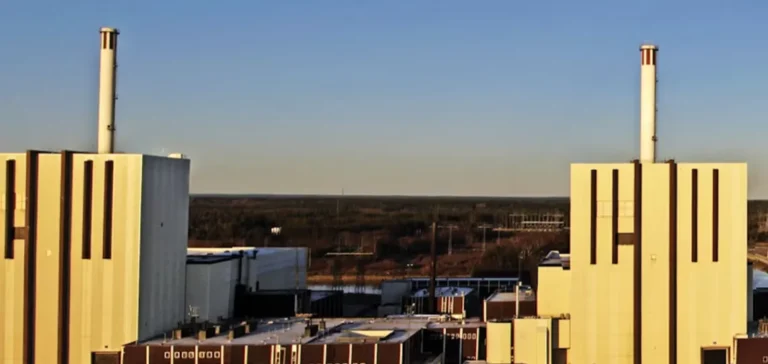The Swedish government has announced the allocation of $20.2bn in public loans to support the construction of new nuclear reactors over a 12-year period. This funding aims to revive the civil nuclear sector and meet the country’s growing electricity needs following several years of gradual phase-out.
The loans will be offered under more favourable terms than those available on traditional financial markets, in order to encourage investment in next-generation nuclear infrastructure. This mechanism is part of a broader plan to ensure a stable electricity supply and reduce energy dependence in a geopolitical context marked by market instability.
A structural support for energy sector players
The financing programme is primarily aimed at companies seeking to develop Small Modular Reactors (SMRs) at sites identified by the authorities. An initial series of three to five units could be installed at the Ringhals nuclear power plant in southwest Sweden, with a combined capacity of 1,500 megawatts, equivalent to two conventional reactors.
Currently, six reactors are operational in the country, accounting for nearly 30% of national electricity production. Between 2016 and 2020, the shutdown of four reactors weakened this capacity. The government now intends to reverse this trend by re-establishing nuclear power as a pillar of its long-term energy strategy.
An openly assumed return to nuclear
Minister for Energy Ebba Busch described the initiative as “a decisive moment for energy in Sweden,” stressing the need to secure reliable access to electricity for the entire economy. This plan represents a significant shift after decades of gradual withdrawal, triggered by a non-binding referendum in 1980 that had endorsed a slow exit from civil nuclear power.
The financing project is part of a broader roadmap introduced in 2023, which foresees an increased reliance on nuclear energy to meet industrial consumption needs. The construction of new reactors could be awarded to public or private operators, provided they meet eligibility criteria for the government loan programme.






















